Preparing Tapered Leaders
 One of the most important lessons for us was leader preparation at the river or lakeside. Today you will never find us without a tub of Dick Walker's Ledasink or similar material which removes the surface tension on monofilament to allow them to sink but most importantly to reduce flash and glint off the leader. Before we cast you will find us running the entire length of the leader through the tub of Degreasant or mud at least twice, then we run the line through our handkerchief or cloth. The result is that the chemicals always present on line is removed. If you cannot afford it then use some mud from the banks with water!
One of the most important lessons for us was leader preparation at the river or lakeside. Today you will never find us without a tub of Dick Walker's Ledasink or similar material which removes the surface tension on monofilament to allow them to sink but most importantly to reduce flash and glint off the leader. Before we cast you will find us running the entire length of the leader through the tub of Degreasant or mud at least twice, then we run the line through our handkerchief or cloth. The result is that the chemicals always present on line is removed. If you cannot afford it then use some mud from the banks with water!
Leader Thickness
On rivers we use a Stroft tippet on a tapered leader which is 0.12mm diameter which is 1.8kg or 3.6lb breaking strain. we rarely go smaller and do not go larger on rivers, typically this is virtually invisible to a trout and larger diameter decreases our catch rates, smaller and it does not increase and we tend to get more breakoffs. We will not use larger than a #5 rod for the rivers. On Reservoirs and lakes it is a very different issue because the fish are frequently larger, we still try and use a #5 although may step up to a #7 or #8 in extremes. For a #7 or #8 we will step up to at most 0.18mm diameter which has 3.6kg or 7.5lb breaking strain unless we are after really large trout at lakes like Roxholme or Avington when we will often be found using 12.5lb tippet materials
Knotting Fluorocarbon and Stroft
Key with fluorocarbon and Stroft is to moisten the knots as they are being tied. Because of the manufacturing process and materials these become frail under heat, believe it or not the simple act of pulling a knot tight creates heat and can weaken a knot. Tied to manufacturers recommended knots (shown on the packaging) simply put the knot in your mouth and moisten with your tongue as it is pulled tight. This dissipates the heat and leaves the knot much stronger.







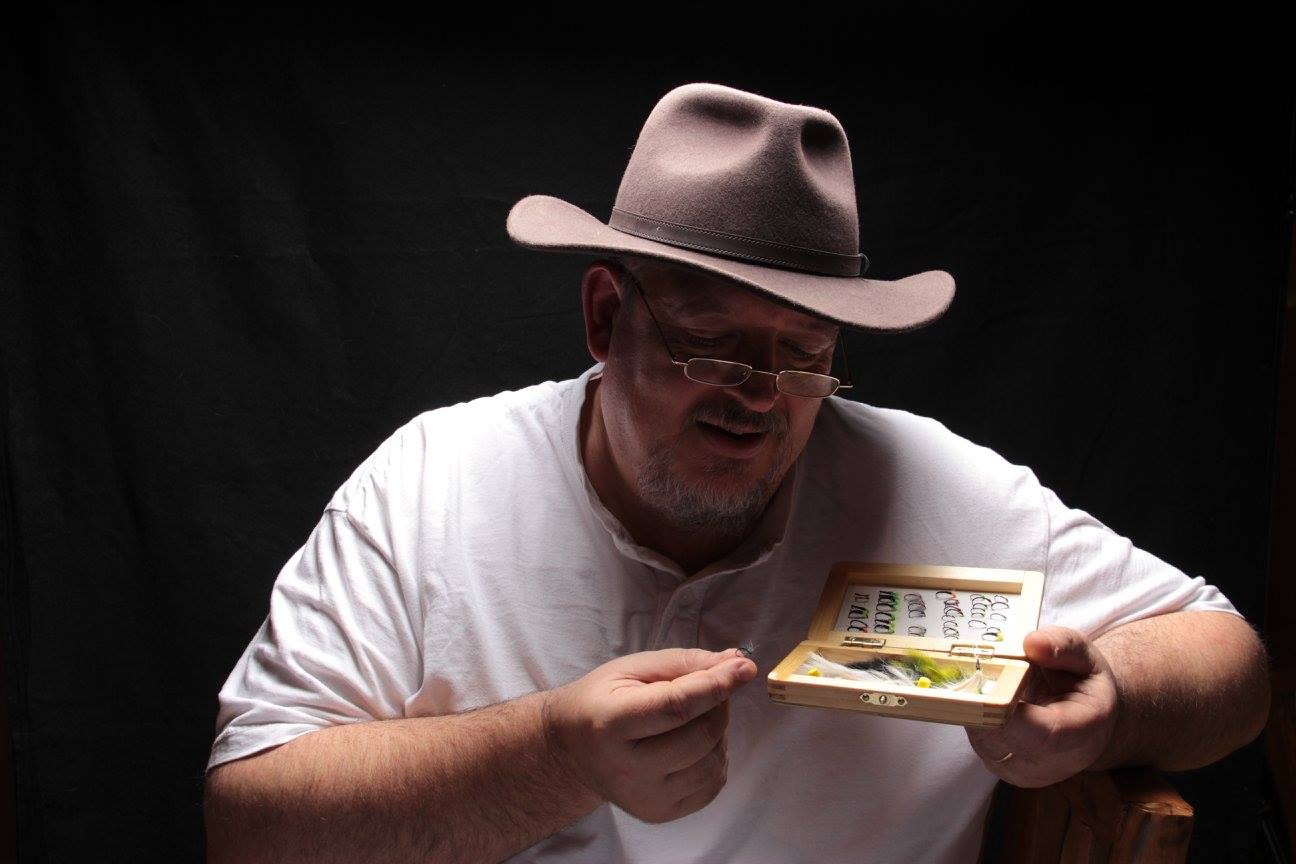
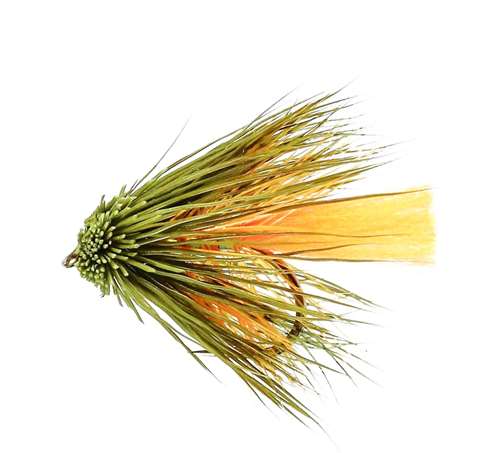
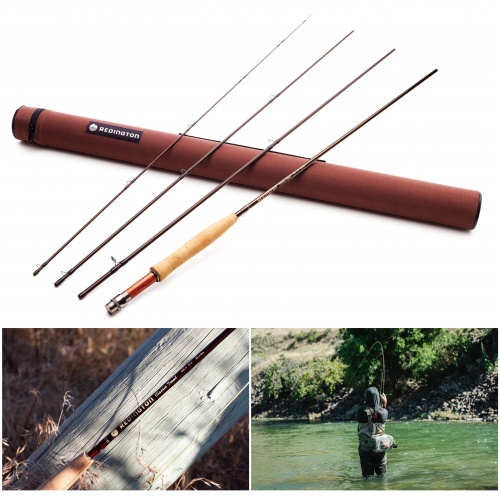


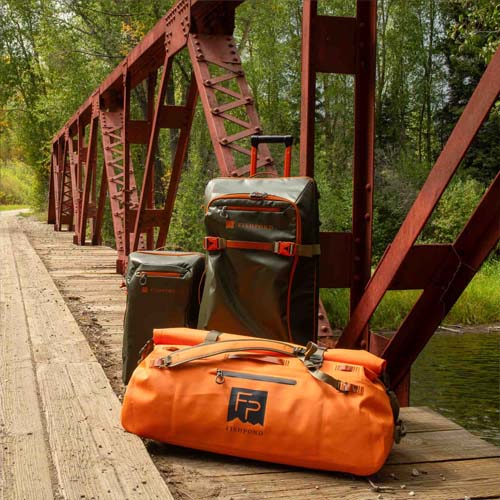



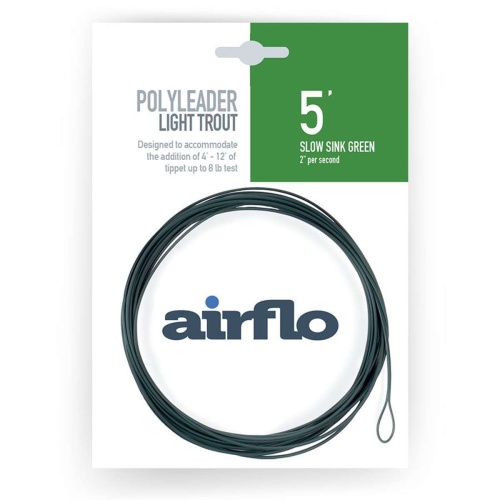
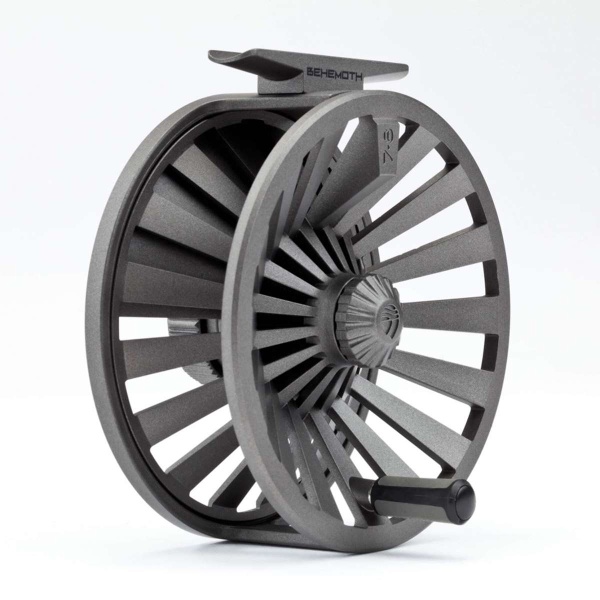
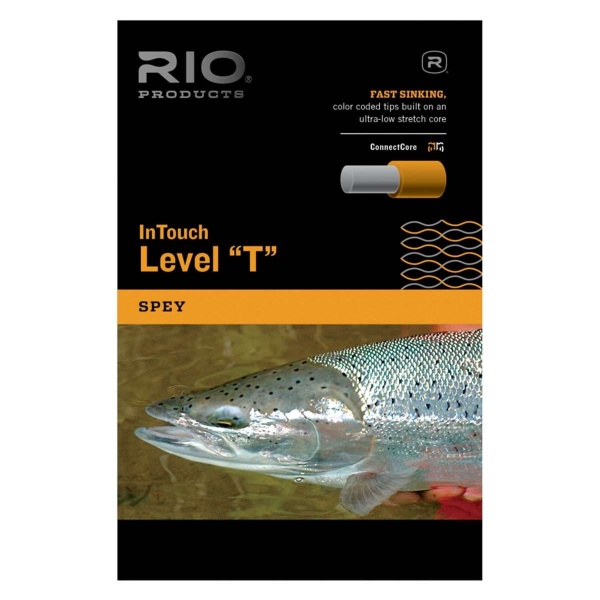
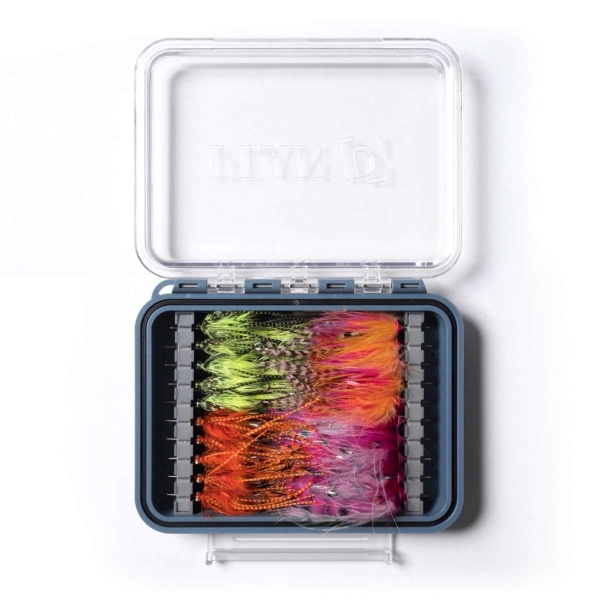
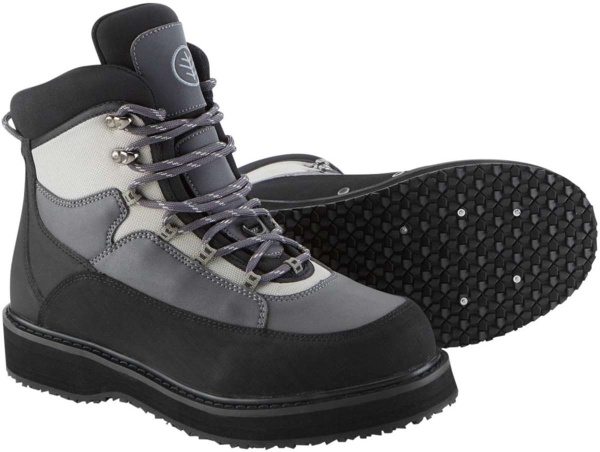
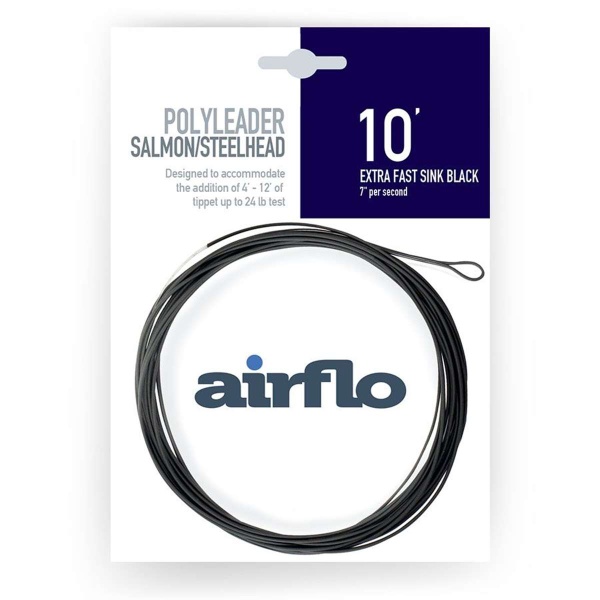

Well informed thank you